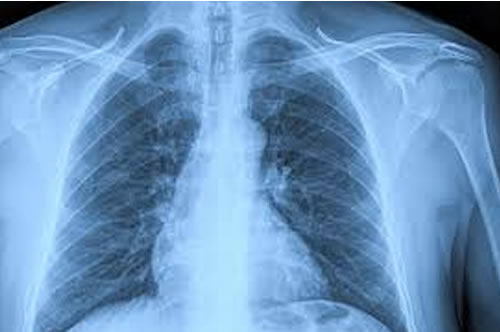
Radiology
Diagnostic radiologists use a variety of imaging procedures to see inside the body and assess or diagnose the patient’s condition. Your radiologist plays an important role in your health by acting as an expert consultant to your referring physician (the doctor who sent you for testing) by choosing the proper exam and directing radiology technologists (those who operate the equipment) in properly performing quality exams. They interpret and report on the resulting images, recommending treatment and, only when appropriate, additional tests.
Diagnostic radiologists, through extensive clinical work and related research, may also specialize in these radiology subspecialties:
- Breast imaging (mammograms)
- Cardiovascular radiology (heart and circulatory system)
- Chest radiology (heart and lungs)
- Emergency radiology
- Gastrointestinal radiology (stomach, intestines and abdomen)
- Genitourinary radiology (reproductive and urinary systems)
- Head and neck radiology
- Musculoskeletal radiology (muscles and skeleton)
- Neuroradiology (brain and nervous system; head, neck and spine)
- Pediatric radiology (imaging of children)

